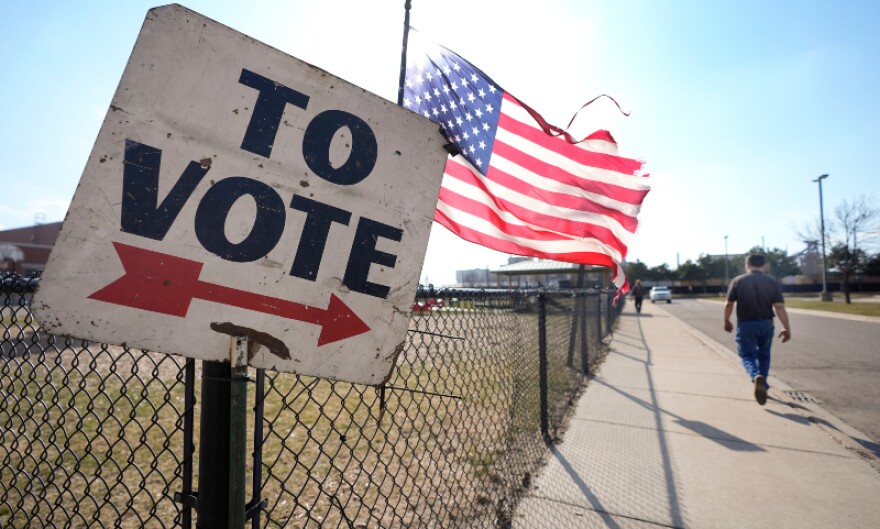By Miles Parks
For Donald Trump and his supporters, concerns about election administration quickly dissipated once it became clear he would win the 2024 presidential election, and in surveys since, most Republican voters say the election was run well.
But for the wing of the Republican Party that has been pushing sweeping election reform since the 2020 contest, the work continues.
On Jan. 3, the day the new Republican-led Congress was sworn in, Rep. Chip Roy, R-Texas, reintroduced legislation aimed at stopping noncitizens from voting in federal elections — something that is already illegal and which research has universally shown rarely happens.
The bill, dubbed the SAVE Act, would add new proof-of-citizenship requirements to voter registration that experts say could disenfranchise scores of eligible voters.
It was one of the first bills introduced in the 119th Congress, a sign that what supporters call election integrity policy remains a key part of the GOP agenda, even after Trump’s win.
“American elections belong to American citizens, and the public’s confidence in those elections is the cornerstone of our republic,” Roy said in a statement about the bill.
While Trump’s win in a high-turnout election has led some experts to wonder if conservatives would embrace broader voter access, the legislation and other proposals make it clear that activists will continue to push to make voting more restrictive.
A key architect of those restrictive policies is Cleta Mitchell, a conservative elections attorney who has built a national grassroots election integrity network largely made up of Trump supporters motivated by his 2020 election lies and more recently narratives pushed by him and others last year about widespread noncitizen voting.
NPR acquired audio of an elections panel Mitchell led in December for state lawmakers at a meeting of ALEC, the American Legislative Exchange Council, which is a conservative organization that helps draft state-level legislation. The recording was provided to NPR by the nonprofit investigative watchdog group Documented.
“We’re going to begin a real effort [in 2025] to educate state legislatures and legislators, as well as members of Congress, to identify the problems,” Mitchell said during the panel’s introduction. “We’re going to be talking … about the things that need to be done to restore voter confidence.”
Throughout the hour-long panel, no one on stage noted that people by and large trusted the election results this cycle.
“Fear is a very effective tool to generate support for policy change,” said Ron Hayduk, an expert on noncitizen voting at San Francisco State University. “So despite all the evidence of the contrary, [Republicans have] many reasons to keep these narratives alive.”
In an email to NPR, Mitchell said election integrity “is about the election process — not just one election.”
“We want election systems in which the great majority of voters trust the results every election, even if they don’t like the outcome, because they are persuaded that the process is lawful and that it is transparent so the voters can be confident that the results are accurate,” she said.
She added that the reason 2024 was trustworthy was because people, like those associated with her group, were watching election officials closer this time around.
Cleta Mitchell’s policy priorities
Noncitizen voting will continue to be the central focus of election integrity efforts in 2025.
Mitchell has been circulating a policy document laying out her goals, which include major access changes like eliminating all early voting and same-day voter registration, but the first bullet point is making sure “only US citizens participate in US Elections.”
There has never been evidence of widespread noncitizen voting, but Hayduk says the false narrative has been around more than 100 years and it combines multiple helpful ideas for the right.
“It keeps immigrants in the news as public enemy No. 1,” Hayduk said. “But most importantly, it is a basis to enact legislation that for the foreseeable future hampers the capacity to vote of a whole set of constituents that tend to line up with Democrats.”
Most Americans, on both sides of the aisle, feel only U.S. citizens should vote in American elections. But surveys have shown that legislation requiring proof-of-citizenship documents like a birth certificate or passport to register to vote would probably have a disproportionate impact on eligible citizens of color as well as registered Democrats and independents, versus Republicans.



